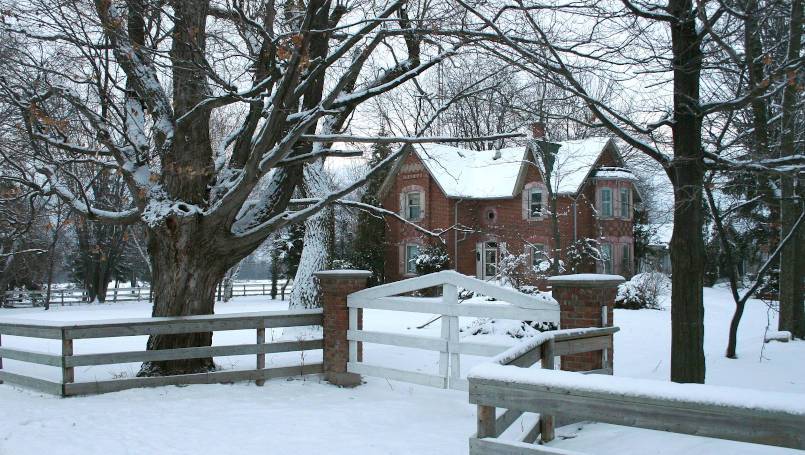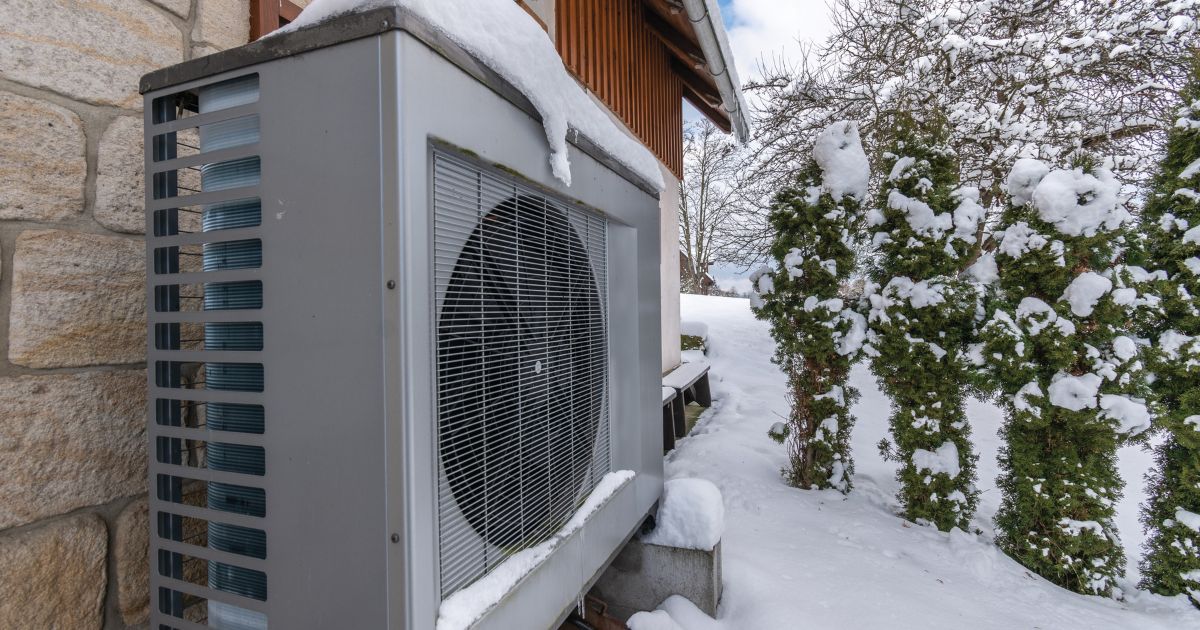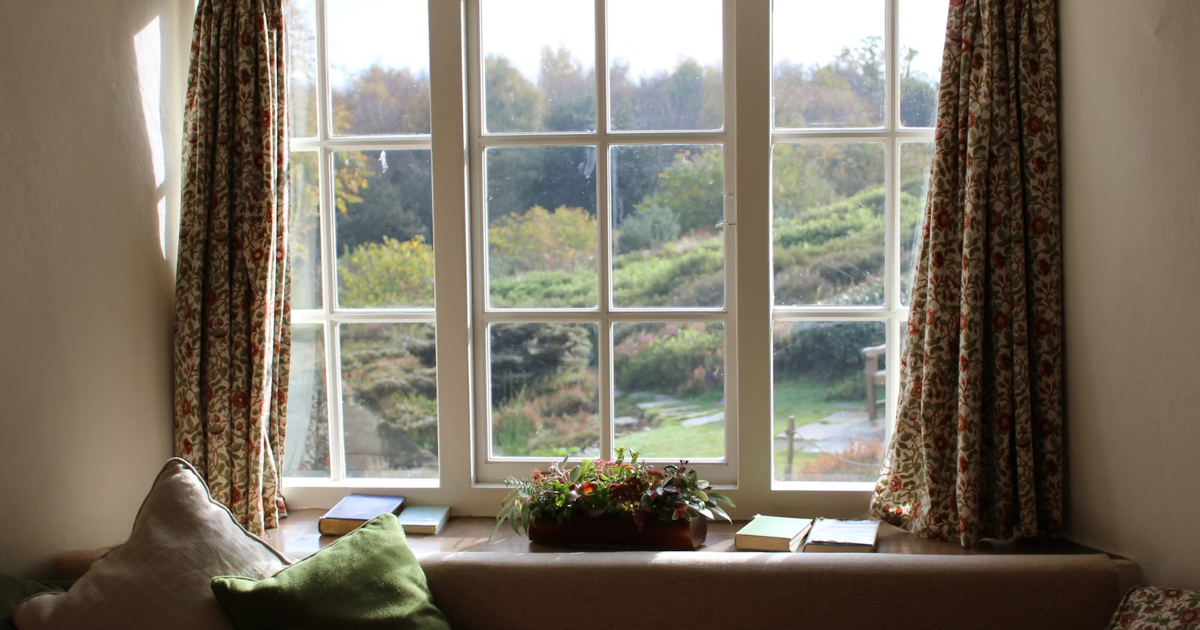Even homeowners who heat with a wood stove often have a furnace or boiler, too. Eventually equipment like this needs to be replaced, but choosing well isn’t entirely straight forward. There are a lot of things to consider. A heating system is typically a 20-year investment, and installation costs can easily rise to five figures for installing a new furnace, boiler or heat pump. What type of heating system makes the most sense for you? What type of energy source is the most practical and economical where you live? Should you buy or rent? What kind of maintenance will be required for the various heating options? Read on to learn more. Though you’ll certainly need the help of a heating, ventilation and air conditioning (HVAC) professional to choose and install a new system, you’ll be better off understanding the options before you go shopping.
For even more detailed information on choosing a new residential heating system, download a free copy of The Ultimate Furnace Guide.

When should I replace my existing heating system?
Sometimes an old heating system breaks decisively, making it obvious that replacement is necessary. Other times it’s more difficult to know when it’s time to upgrade. Age of your current system is one guideline, but age doesn’t only have to do with the likelihood of a future break down. Older heating systems are often considerably less efficient than new ones, even if the older one is running as well as it could. This difference in efficiency between your existing system and a new one can really add up. Depending on the size of your home and the state of insulation you’ve got, today’s best modern heating systems can save a thousand dollars or more each year compared with an old but functional system.

Photo credit: Steve Maxwell
What type of energy source makes the most sense?
Every heating system takes a specific source of energy – natural gas, oil, electricity are three common ones – and converts this energy into heat for distribution around your house.
Natural gas is consistently the lowest cost energy source in many urban and suburban areas. It burns very cleanly, and is the heating energy source of choice when you can get it. The problem is, natural gas is not available everywhere, and certainly not in most rural locations. You need to live in a place where natural gas is delivered to houses by underground pipes.
Propane is chemically similar to natural gas, but less economical because it needs to be delivered to your house by truck instead of flowing through pipes. Propane is the natural gas of the rural countryside. More and more people are choosing it when they can’t get natural gas.
Oil is another home heating option, though it’s not as common as it once was. Oil is typically about the same cost as propane for a given amount of heat, but there are two drawbacks. First, if your tank ever springs a leak it can contaminate your home or soil. And second, oil companies require storage tanks to be replaced often because of the threat of leaks from internal corrosion, adding to the cost of oil heating.
Electricity is a home heating energy option too, and it can be used to power baseboard heaters, an electric furnace or boiler, or a heat pump. Electricity can be one of the most expensive heating energy sources when used to power traditional baseboard heaters or a plug-in heater. Electricity is also one of the most economical sources of heat when it’s used to power a heat pump. More on this coming up.

What type of heating equipment makes the most sense?
Forced air furnaces are the most common heating equipment found in modern communities. They heat air, then an internal fan directs that warm air around your house through sheet metal pipes and floor registers. Forced air furnaces can be powered by natural gas, propane, oil, wood and even electricity. A natural gas furnace offers the most economical operation in the furnace category. In rural areas, a propane furnace is the closest option to a natural gas furnace.
A boiler is like a furnace, but instead of heating air it heats water. This water circulates through radiators or in-floor heating pipes to heat your home. If a hot water heating system is what you have now, then a replacement boiler will be what you need, not a new furnace.
An electric heat pump is the most cost-effective option for space heating with electricity. This technology doesn’t generate heat directly, as an electric baseboard heater does, but rather heat pumps harvest naturally occurring heat from the air, from soil, a lake or river, then concentrate it in your home. Today’s modern air-source heat pumps typically deliver at least two units of heat into your home for every one unit of electrical energy consumed, and many can also function as an air conditioner during hot weather. One drawback with any kind of heat pump is that it requires a large generator to operate during an power outage. All other furnaces and boilers require electricity to operate too, but a small generator will handle the job.

What kind of maintenance requirements can I expect?
This varies a lot. An electric heat pump needs less maintenance than, say, an oil furnace. Modern natural gas furnaces don’t need a lot of maintenance, but they do require air filter replacement that would not be part of owning a boiler, for instance. Ask detailed questions about maintenance as you listen to the various heating system recommendations from the HVAC professional you’re working with.
Maintenance costs themselves can also be handled in different ways. If you own your own heating system, you’ll need to pay for regular maintenance out of pocket. Most heating system rental agreements, by contrast, include the cost of maintenance and repairs built in. Ask for details.
Should I buy or rent?
Buying a new heating system can sometimes save money over time compared with renting, but renting provides a simpler and more financially predictable ownership experience. It also eliminates the need to come up with the money needed to buy a new furnace or boiler all at once. Rental fees typically cover both the cost of regular maintenance and the repairs. If your rental furnace, boiler or heat pump breaks, you won’t get a surprise bill.
Heating systems are vital in cold climates, and they’re responsible for the single largest source of energy consumption in most homes. Choose wisely and you’ll enjoy reliable performance at the lowest possible cost.
Steve Maxwell and his wife Mary live on a 90-acre modern homestead on Manitoulin Island, Ontario in a stone house they built with local materials beginning in 1985. Steve is Canada’s longest-running home improvement and how-to columnist and editor of Home and Property. He divides his time working on the land, building things large and small, and creating articles and how-to videos that teach sustainable, self-reliant, hands-on living skills.













